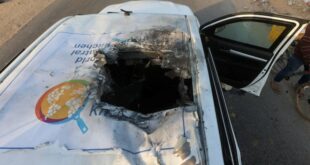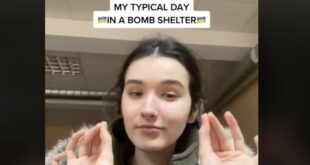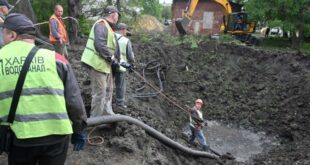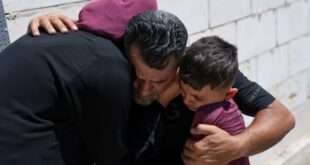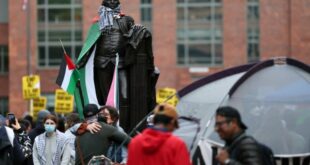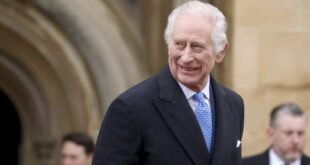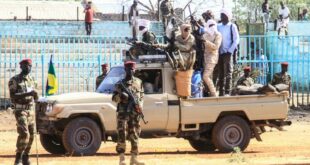For years, Mohammed Fayad had longed for this day — but especially over the past month, when war broke out between Israel and the militant group Hamas in Gaza, where his two children were living, leaving him worried that they would become casualties and he would never see them again.
"I was dreaming," Fayad said. "And now this dream's coming true."
When he made it to Vancouver International Airport on Thursday, he headed straight for the screens showing the arrival of international planes. The flight from Frankfurt carrying the most important cargo in the world to him would be touching down only 12 minutes late.
His children, Qamar, 14, and Amir, 12, would soon be safe on Canadian soil and back in his care.
After years of waiting to see them again, it took a couple more hours after they landed for his kids to get their bags and go through customs and immigration. Fayad then got a phone call from the Canada Border Services Agency, and he was whisked behind closed doors for a private reunion with his children — now 10 years older than when he last hugged them.
Moments later, the family of three emerged.
"I'm so so happy, I have no words to describe how I'm feeling right now," Fayad said. "Finally I meet my kids after 10 years."

Fayad, 40, has spent every day since Oct. 7 worried that this happy reunion would never take place. That's when Hamas attacked southern Israel, killing about 1,200 people and taking 240 people hostage — leading to Israeli airstrikes on Gaza and the deaths of more than 11,000 Palestinians.
From his quiet apartment on a sleepy street in Burnaby, B.C., before his children arrived, he said he has endured "extreme anxiety and fear."
"I have that fear that I'm going to lose them at any moment," he said. "The situation is very scary and getting worse day by day."
Countless emails and phone calls
Fayad's children were living in Khan Younis, a city in the southern Gaza Strip. In the early days of the conflict, it was supposed to be part of a safe zone. But as weeks went by, the stories they recounted on the phone showed Fayad that it was anything but safe.
Unable to offer them any comfort or protection in person, Fayad devoted the first weeks of the war to emailing and calling anyone he could think of — immigration officials, his MP, newsrooms — to try to raise awareness of his situation. His inbox is chock-full of correspondence focused on trying to get Qamar and Amir out of Gaza through the Rafah crossing into Egypt.
"This is many emails," he said sitting in front of the computer humming away beside the bed, where he tries to sleep. "This one, the last update here is an important email because Global Affairs [says] we have a reference for your kids … especially for my kids."
But as the days ticked by, Fayad said he was caught in a bureaucratic process struggling to catch up to events that were out of control.
Fayad fled Gaza a decade ago after working for the United Nations. But he didn't have the means to get out of Gaza with his children. So he left on his own, first to Indonesia.
When his ex-wife had to leave Gaza a year ago, the children were left in the care of Fayad's brother, who has five children.

From Indonesia, Fayad set his sights on Canada, and in February 2022, he was accepted as a refugee.
When he arrived, he immediately got to work on an application to bring his children here. But months passed and there were still no visas for Qamar and Amir from the Immigration, Refugees and Citizenship Canada office in Cairo.
Then, the war broke out.

'They never smile like before'
Fayad kept close tabs on his daughter's WhatsApp page during the first three weeks of the war. A time stamp would tell him the last time his kids had been online. If it was recent, he knew they were still alive. It was a long-distance way to check for a heartbeat.
But he said he noticed changes when he'd connect with them in a video call.
"They never smile like before," he said. "I can see their faces. They are very scared."
On Oct. 25, almost three weeks into the war, the time stamp stayed stuck at 6:54 a.m. for four hours. For Fayad, it felt as though he was going to have a heart attack. With the internet connection down, he was in a state of extreme anxiety and fear.
"If they can be able to cross, I will be so happy. I would be so glad," Fayad said. "But at the same time, I have that feel there's a lot of challenges. There will be thousands of people who are trying to escape and get out from Gaza. So my kids, they are minors and … I don't know how they can manage this."
On the list at last
On Nov. 7, Fayad received a call from his sister-in-law saying his brother had taken the kids to the border. They had been allowed to cross into Egypt and were waiting to board a bus with Canadians headed for Cairo.
"Yes, I cried. I cried," Fayad said. "But this cry is different because it's mixed with happiness."
Qamar and Amir were on the list that allowed the first 80 Canadians and relatives of Canadians to make it out of Gaza.
"They have no mom and no dad [in Gaza]," Fayad said. "I really appreciate the government of Canada and especially Global Affairs to put my kids on the first list."
In Cairo, CBC News spoke with Qamar and Amir, who were finally out of danger and waiting for their flight. In Arabic, Amir said: "I'm happy that I'm going to Canada. At the same time, I am worried that I will not understand English. I'm happy because I will see with my dad."
Big dreams and a new life
On their video calls over the past month, the kids told Fayad about bombs they heard and how scared they felt. Fayad said he counselled them to stay strong, to try to sleep, to eat and drink when they can.
But he also told them to get their school records organized and packed so they can get right back into their education when they arrive in Canada.
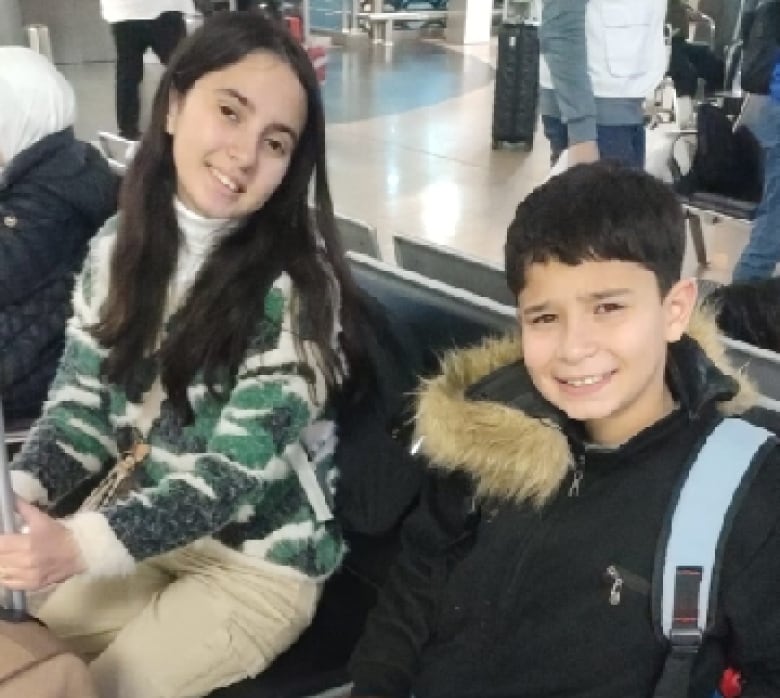
His daughter, Qamar, has big dreams of becoming a doctor.
"[Canada's education system] is the best," Fayad said he told his children. "So don't worry. Once you come here, you can start your education and your studies. Then, for sure you'll be a doctor here. Why not?"
Amir, his son, is all about soccer. He's a fan of Barcelona, while his dad likes Real Madrid. Fayad swears Amir is a little soccer star. "He has plans. He wants to be a Messi," he said.
Fayad has more dreams for his children: to help them learn English without an accent, and to get them settled into school and recreational sports.
But first, he's booked 10 days off work from his job at a shawarma food truck and prepared a list of places in their new city he wants to show them.
"Tomorrow maybe I will try to take them around Stanley Park," Fayad said. "I have, like, 10 different places on the list. Vancouver is very beautiful, and there's many places you can go and enjoy."
As he whisked his children out of the airport and into an unusually sunny November day, the reunited family of three had one more stop.
"I will take them to McDonald's," Fayad said. "And after that we take them home because they are very tired, they should go take rest."
ABOUT THE AUTHOR

Story Producer
Jodie Martinson is a Emmy-Award winning journalist in Vancouver. She's the producer of the CBC podcast Other People's Problems, co-producer of the Kuper Island podcast, and has made numerous documentaries. You can reach her at Jodie.Martinson@cbc.ca.
With files from Yvette Brend and Tom Parry
*****
Credit belongs to : www.cbc.ca
 MaharlikaNews | Canada Leading Online Filipino Newspaper Portal The No. 1 most engaged information website for Filipino – Canadian in Canada. MaharlikaNews.com received almost a quarter a million visitors in 2020.
MaharlikaNews | Canada Leading Online Filipino Newspaper Portal The No. 1 most engaged information website for Filipino – Canadian in Canada. MaharlikaNews.com received almost a quarter a million visitors in 2020.

